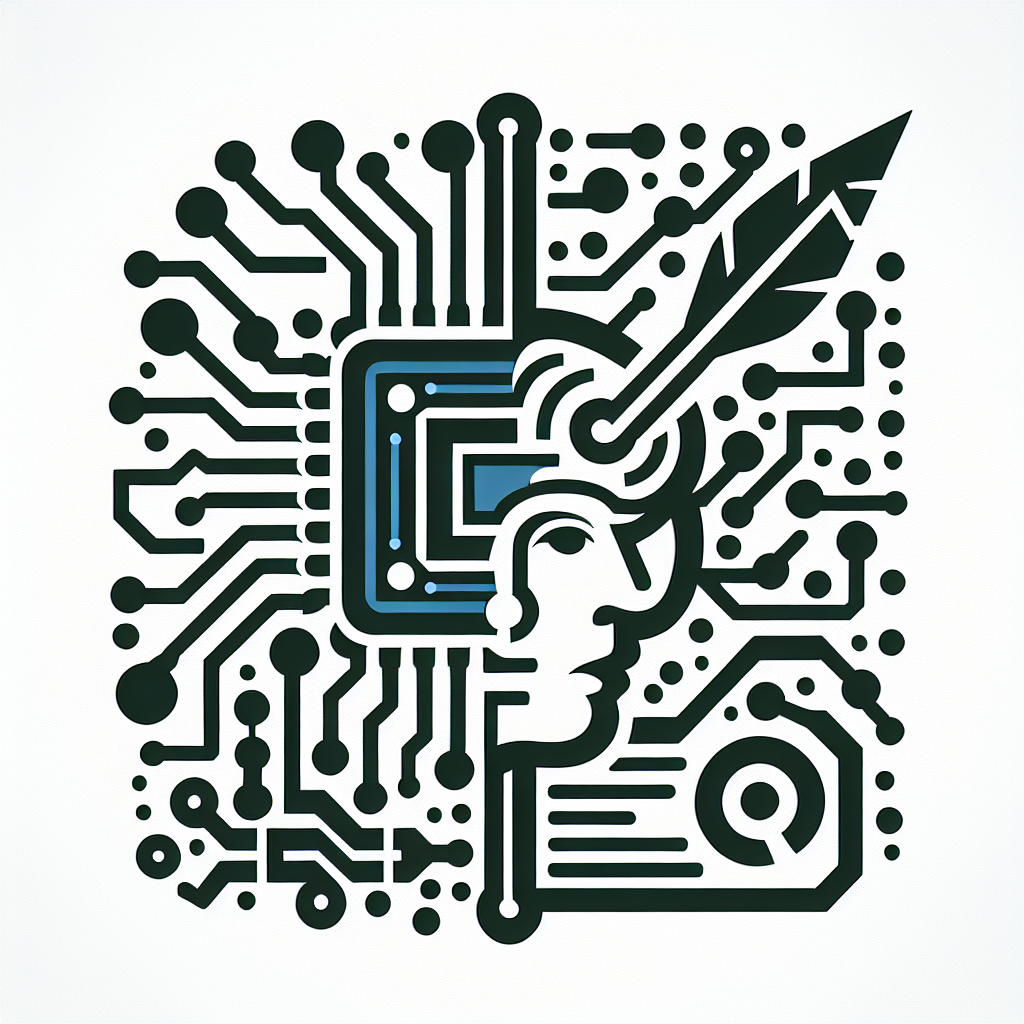Generative AI, also known as artificial intelligence, has made significant advancements in recent years, particularly in the field of creative writing. This technology uses algorithms to generate text and content that mimics human writing, often indistinguishable from the real thing. The impact of generative AI on creative writing has been both profound and controversial, raising questions about authenticity, originality, and the role of human creativity in the digital age.
One of the most obvious impacts of generative AI on creative writing is the sheer volume of content that can be produced. AI algorithms can generate text at a much faster rate than a human writer, allowing for the creation of vast amounts of content in a short period of time. This has the potential to revolutionize the publishing industry, with AI-generated content being used for everything from news articles to marketing copy.
Generative AI also has the potential to democratize the writing process, making it more accessible to a wider range of people. With AI tools like GPT-3 (Generative Pre-trained Transformer 3), anyone can generate high-quality text with minimal effort, regardless of their writing skills or experience. This has the potential to level the playing field in the writing world, allowing more people to share their ideas and stories with the world.
However, the impact of generative AI on creative writing is not without its controversies. One of the biggest concerns is the issue of plagiarism and intellectual property rights. With AI algorithms generating text that is often indistinguishable from human writing, there is a risk that AI-generated content could be used without proper attribution or credit to the original creators. This raises questions about the ethics of using AI in creative writing and the importance of protecting intellectual property rights in the digital age.
Another concern is the potential for AI to replace human writers altogether. As AI algorithms become more sophisticated and capable of generating high-quality content, there is a fear that human writers could be rendered obsolete. This raises questions about the future of creativity and the role of human ingenuity in a world dominated by AI technology.
Despite these concerns, generative AI also has the potential to enhance the creative writing process in many ways. AI tools like GPT-3 can be used to generate ideas, brainstorm new concepts, and overcome writer’s block. They can also be used to enhance collaboration between human writers, providing valuable feedback and suggestions for improvement.
In conclusion, the impact of generative AI on creative writing is both profound and complex. While AI technology has the potential to revolutionize the writing process and make it more accessible to a wider range of people, it also raises important questions about authenticity, originality, and the role of human creativity in the digital age. As AI technology continues to advance, it will be crucial for writers, publishers, and policymakers to address these concerns and ensure that AI is used responsibly and ethically in the creative writing process.
FAQs:
Q: Is generative AI capable of replacing human writers?
A: While generative AI has the potential to generate high-quality content, it is unlikely to replace human writers altogether. AI algorithms lack the ability to think creatively, emotionally, and critically, which are essential qualities in good writing. Human writers bring a unique perspective, voice, and style to their work that AI cannot replicate.
Q: How can writers use generative AI in their creative process?
A: Writers can use generative AI tools like GPT-3 to generate ideas, overcome writer’s block, and enhance collaboration with other writers. AI can be a valuable tool for brainstorming new concepts, generating dialogue, and exploring different writing styles. It can also be used to automate repetitive tasks, such as proofreading and editing, allowing writers to focus on the creative aspects of their work.
Q: What are the ethical considerations of using generative AI in creative writing?
A: One of the biggest ethical considerations of using generative AI in creative writing is the issue of plagiarism and intellectual property rights. Writers should be careful to properly attribute and credit AI-generated content to the original creators. It is also important to consider the implications of using AI to replace human writers and the potential impact on the writing industry as a whole. Writers should use AI responsibly and ethically, ensuring that their work reflects their own creativity and originality.

